Updated January 6th, 2025
There are a few basic needs that we all must have to survive. One of those needs is food. Perhaps that’s why so many parents want infant feeding guidelines or a catch all of information for feeding their baby in the first year. There are a lot of opinions around breast vs formula, mushy feeding vs baby led weaning. While my goal here is to give an overview of all of this, let’s be clear that fed is best. Freedom Inside is about finding what is right for you and your family, regardless of the ‘style’ used. So read about some of your options, keep what makes sense for you, and let go of the rest.
Starting with Milk
For around the first six months of your child’s life, they will be consuming exclusively milk. This can be breast milk or formula, but it shouldn’t be anything solid or include water. Now some doctors will give the okay to parents to start solids before 6 months. I’m not going to comment on it other than to say that offering solids will not necessarily make your child sleep through the night, if that is why you are starting them. Breast milk and formula will hold all the nutritional value your child needs.
Breast feeding is when you produce milk and nurse your child directly at the breast. I’m starting with this one because, not surprisingly, it’s the one I am most passionate about. Honestly, other than breast milk being amazing, I also find it to be easier. It is so much easier in my opinion that I was recently discussing fostering with a friend and I questioned if I would ever foster a baby because I couldn’t imagine having to suffer through the hassle of formula feeding.
Many women struggle with breastfeeding though. They either aren’t supported well enough, they worry about their supply, or they even feel socially ostracized (ever had another woman tell you to nurse your baby in the bathroom; it’s an awful feeling). If breastfeeding is what you want to do, then commit to it, and do it.
If you are going to breast feed, there is a good chance that you will need to express breast milk from time to time. Very few women exclusively breast feed. We have jobs, we need a break, we want to go on a date night. Whatever it may be, you may need some breast milk on hand for occasional feedings. Any time you would be giving your baby a bottle, you will also need to express milk as a means to maintain your supply.
Now do note that exclusive pumping is a whole separate game where you express milk and always feed it in a bottle. I have spoken to women who are very attached to breast feeding but their child cannot go to the breast directly for one reason or another. In those cases, they express milk regularly and feed in a bottle.
Now for many reasons, be it inability, preference, or simply not wanting to nurse, many families choose to formula feed. I think because of the aggressive breast feeding movement, the phrase ‘breast is best’ has become a household staple. I’ve seen too many women in tears because they feel like they have failed their child when they decide to offer formula. Now obviously I am very pro-breast. But I’m here to tell you, 100%, Fed is Best.
You get a graduating class of students at a college and you can’t tell who is likely to be any more or less successful based on who nursed and who was formula fed. Weigh the pros and cons of both and select what is right for you. No shame, no worry, no apologies. What matters is the relationship you are building with your child. So if offering formula makes that relationship for you better, then do it. You don’t have to explain yourself to anyone.
Don'ts
Yes, the main focus of food is to help keep our babies alive. So let’s make sure we avoid some don’ts.
Don't Offer Water
Milk provides babies with all the hydration that they need. We do not need to supplement with water. Water may fill up their tiny tummies, and then they won’t have room for the very important nutritional food.
Don't Rush Solids
Introducing solids early is not going to help your baby. We want to be sure that your child is developmentally ready for solids and that their digestive systems can handle it. Don’t offer solids before they are ready.
Don't Put Cereal in a Bottle
It’s a very old school thing, and I suspect many of our parents did it to us. But don’t put cereal in your baby’s bottle. Similar to water, baby cereal has next to no nutritional value. Plus, there’s a good chance their stomachs and digestive systems can’t handle it. I know the myth is that if you put cereal in their bottles, they’ll sleep longer at night, but that often isn’t true and can actually give them an upset stomach.

Introducing Solids
Around 6 months, your child will be ready to start eating solid foods. You can read all about signs of readiness in my blog here. Introducing solids can be fun as long as you keep it low key. Most doctors recommend you introduce one new food at a time to ensure that there are no allergic reactions. If your child attends childcare, they will want a running list of which foods your child has tried already.
Mushy Foods
When I say mushy foods, think typical baby food, gooey and liquid and in a jar. Now these foods can be store bought or home made, but either way they are very soft. These foods do not require any chewing and are probably still the most common way we introduce our babies to solids.
For mushy foods, I think you mostly need a bib and some spoons. I suggest making or buying a few different flavors, and getting a mix of fruits and vegetables.
Baby Led Weaning is when you skip the mushy food stage and go right to offering your child cut up bits of whatever food you are eating. I have a more extensive blog about how to use this approach here.
For me, Baby Led Weaning offered my children an opportunity to be at the table. It also ensured I felt good about what they were eating, since I don’t think I could ever make homemade salmon mush, but we definitely ate salmon as a regular meal.
Don'ts
As with all new activities, there are a few things we are going to want to avoid as well. Just because we are eating solids doesn’t mean we throw all caution to the winds.
Don't Fill Up On Water
Milk will continue to be your child’s main source of hydration. So you still don’t need to give them water. I used to put breast milk in little shot glasses, so that their tummies weren’t filling up on a no calorie drink.
Don't Feed Cereal
Similar to water, but arguably worse in some ways, baby cereal has basically no nutritional content. It will make your baby feel full without actually offering anything for their growth. It’s better to give your children food that has calories that count.
Don't Push It
Remember, your child is still getting 90% of their nutrition from their milk. This means that the introduction to solid foods is more of a bonus. Don’t feel like you have to force your child to eat a bunch or try every flavor out there. It should be an enjoyable, low stress environment.
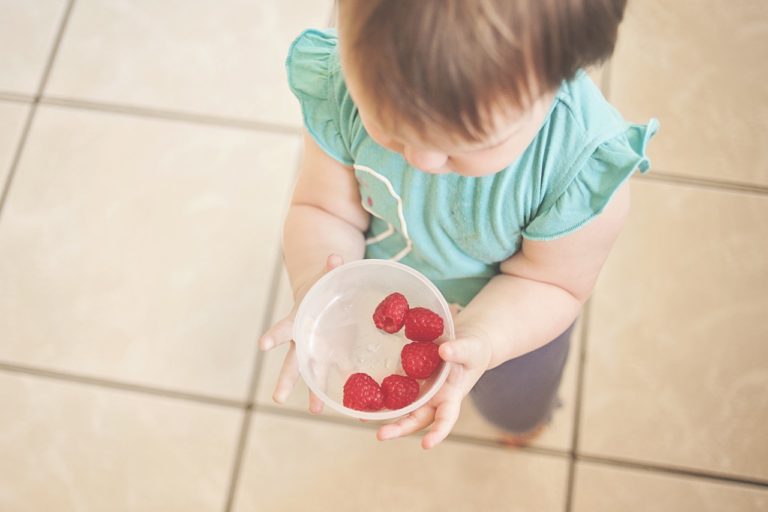
After 1
Over the year, how much your baby eats vs how much they drink is going to change. Around the age of one, your child will start eating more solids and drinking a lot less milk.
Whole Milk
Around 1 we are going to stop feeding baby formula and start offering them cow’s milk. This milk should be whole milk. Talk with your doctor if you think your child has a dairy allergy as well.
Food Based Diet
At this point, most of your child’s nutrition is going to be coming from food. This means they might start to wean off breast milk or formula.
If you haven’t already, it’s time to transition away from mushy foods and over to solids. Your little one should have a few teeth coming in, but you are still going to want to offer them smaller bites of food.
Weaning (or Not)
Unpopular opinion, but I’m not going to tell you when to wean your child from breastfeeding. Only you and your child know when that will be. Both my kids stopped around 13 months, rather happily and on their own. I didn’t have a terrible engorgement problem when they stopped either, so I suspect my babies and my body were on the same page.
While studies have focused on the positive effect of breastfeeding in the first year, know that many of those effects continue for subsequent years. If you want to continue nursing, do so. If you and your baby are both ready to stop, then stop. There really isn’t a right answer around weaning.
Don'ts
Why is food always such a struggle? Or maybe that’s just for me. I’ve had food issues my whole life, so I’ve done everything I can to avoid those food issues in my children. I am passing some of my most common tips onto you.
Don't Wean Before You're Ready
Some people are way too worried about business that is not theirs. If you aren’t feeling ready to wean your baby from the breast yet, don’t. Don’t let all the haters out there tell you how to take care of your baby. If you are still nursing, and it’s working well for you and baby, keep right on.
Don't Feed Baby Junk Food
I know it is tempting, but I promise, your 1-year-old does not need cookies. Not even as a special treat. I’m sorry, but sugar is literally one of the most addictive substances on our planet, and we walk around pretending obesity isn’t an alarming epidemic. The reality is, eating well starts right now, from day one. And just like we were avoiding baby cereal and water because those held no nutrition, neither does cake or ice cream.
Don't Make a Picky Eater
Did I mention a lot of these tips come from my own life? Yeah, I’m the 30+ year old who won’t eat steak. Don’t make your child a picky eater. Offer them anything you are eating, and don’t rush to give them alternatives if they don’t want something. Even more, don’t let them fill up on snacks and junk food instead of eating proteins and vegetables.
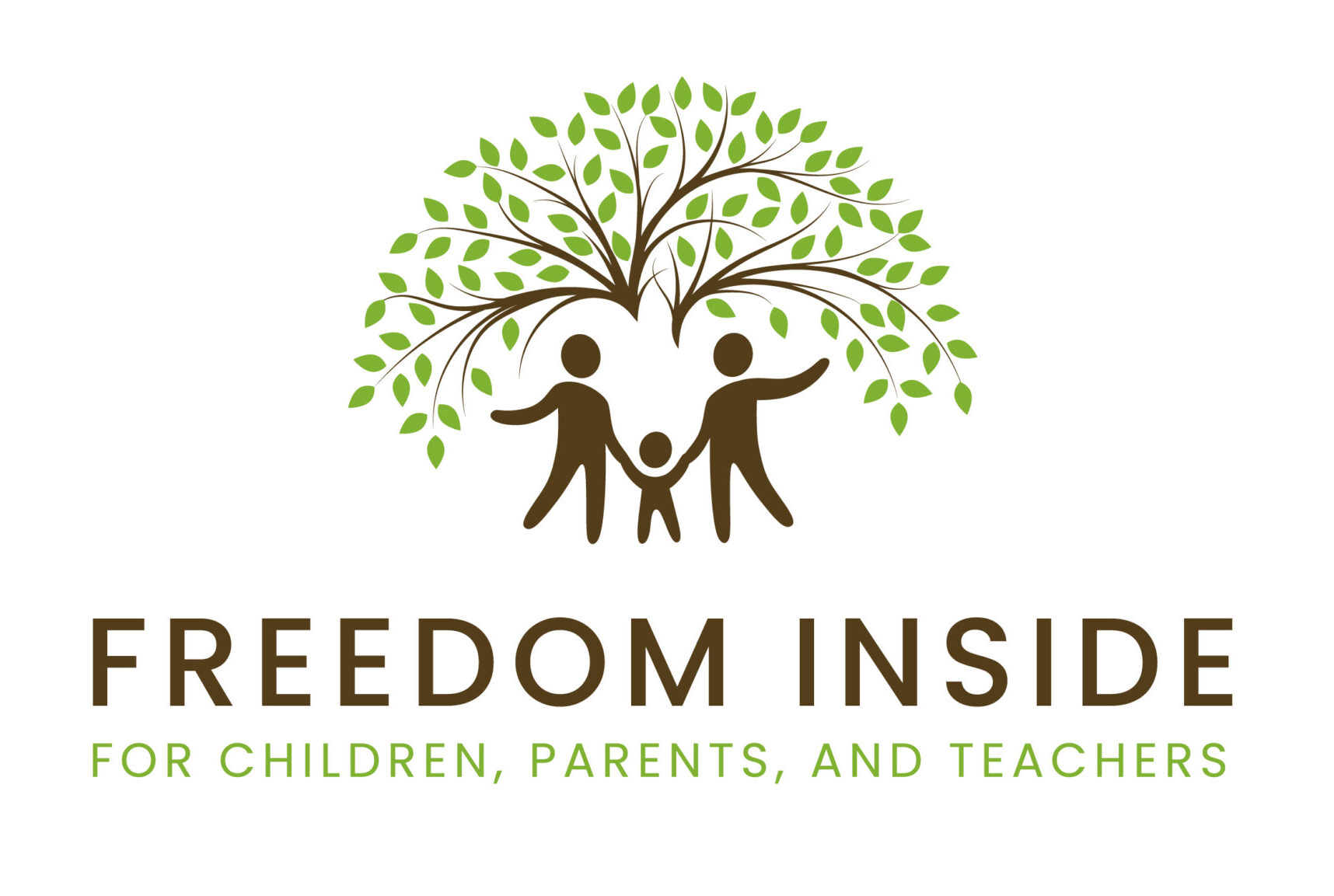
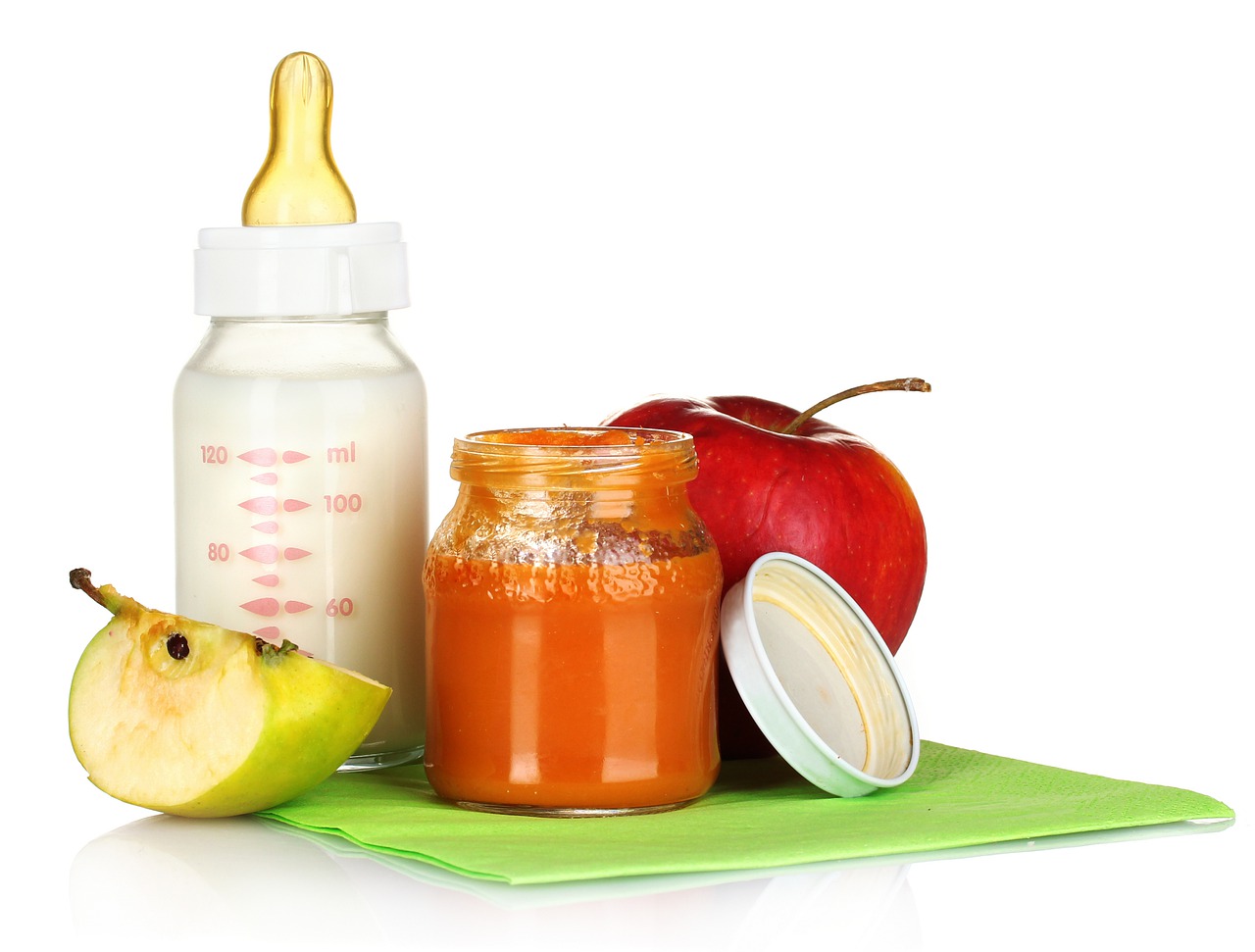


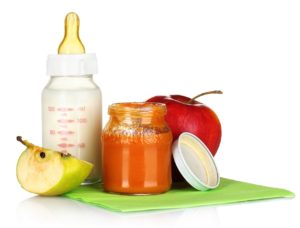


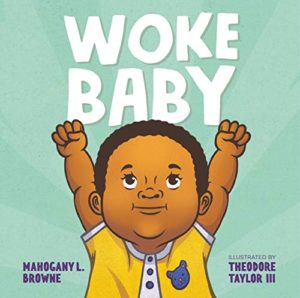
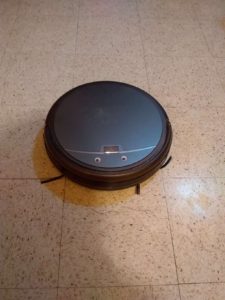





Pingback: What to Do About a Picky Eater - Freedom Inside the Box
Pingback: What is a Certified Breastfeeding Counselor? - Freedom Inside the Box
Pingback: Top 5 Books to Read When Pregnant - Freedom Inside the Box